Summary
- Utilize items like potions and toxins to impact the battle
- Plan strategic attacks with your party members for maximum effectiveness
- Consider alternative actions like distracting enemies or holding turns
Combat in Dungeons & Dragons can allow for some of the most fun you’ll ever have in a tabletop game. From slaying ancient dragons to besting necromantic liches, the options available to players in D&D combat are nearly endless. But, sometimes, if you’re new to the game, it can be hard to know how to optimize your combat skills.
Is it always best to go with your bread-and-butter attacks? Or, are there ways you can mix it up a bit as a player? Veteran players can also feel like their combat gets stale after a period of time. Whatever your class or abilities, we’ve got 10 combat tips for players at any type of Dungeons & Dragons table.
10
Use Items
Empty Those Pockets!
It’s so easy to forget that you have so much more at your disposal than just your main weapon or spell attacks. Before combat, you should review what items you have at your disposal. Even if they’re not combat-based items, this is still important.
Potions, acids, or other toxins can drastically turn the tide of battle, for example. Even using an item that creates additional cover for your party can prove a small help. Make sure you have a firm understanding of what items your party has and strategize ahead of time on how to make the best use of these.
9
Strategize With Your Party
Best Laid Plans
There’s no need to be a hero! You have a party for a reason. Whenever you’re about to go into combat, make sure you take some time beforehand to strategize how best to use your abilities in tandem with one another.
For example, many spellcasters have access to spells like Haste or Enhance Ability, which can help boost melee combatants. Squishy spellcasters might not want to use these abilities on themselves, but their brawny barbarian might!
8
Create Co-Op Attacks
Work Smarter, Not Harder
This next one is something you’ll want to talk to your DM about, but players should work together to create co-op attacks they can use during battle. This doesn’t necessarily mean creating a whole new ruleset. But, you should feel free to get creative with it!

Related
Dungeons & Dragons: The 18 Most Useful Sixth-Level Spells, Ranked
We’ve put together the best sixth-level spells for wizards and casters in D&D, so you know which spells you should learn.
For example, perhaps your DM might allow two spellcasters to combine the effects of elemental spells if they cast them at the same time. Beyond the concept of homebrewing co-op attacks, it’s important to consider turn of play and timing out a series of attacks with your fellow party members for maximum effectiveness.
7
You Don’t Always Need To Attack
Sometimes Violence Isn’t The Answer
Yes, it’s combat. But that doesn’t necessarily mean you always need to be hacking and slashing your way through it. Consider some of the other options at your disposal when your turn rolls around.
Can you use an item to boost another player? Can you temporarily distract an enemy, luring them away from a more vulnerable party member? Whatever the solution, don’t just run into combat headfirst swinging a sword. There are always alternatives to fighting.
6
Hold Actions
Wait Just A Minute
Holding your action is an option that players often forget about. Sometimes, your turn comes around in the initiative order, and you’re not really sure what to do. But, it’s important to remember that patience is a virtue.
This is especially true for healing and support classes. Perhaps there’s no one to heal on the field of battle at the moment, but you may recall that an enemy dragon’s breath weapon is about to recharge. You can save your healing for after the breath attack by holding your action, thus making better use of your action economy.
In the 2024 Player’s Handbook, holding your action is referred to as the ‘Ready’ action. Check with your DM during combat to make sure you’re on the same page about deferring your turn.
5
Create Custom Spells
Make It Your Own!
This is another option that goes back to the idea of homebrew. Don’t be afraid to work with your DM to create custom spells that work for your character and playstyle. Of course, there’s always a lot that goes into homebrew, but that shouldn’t stop you.
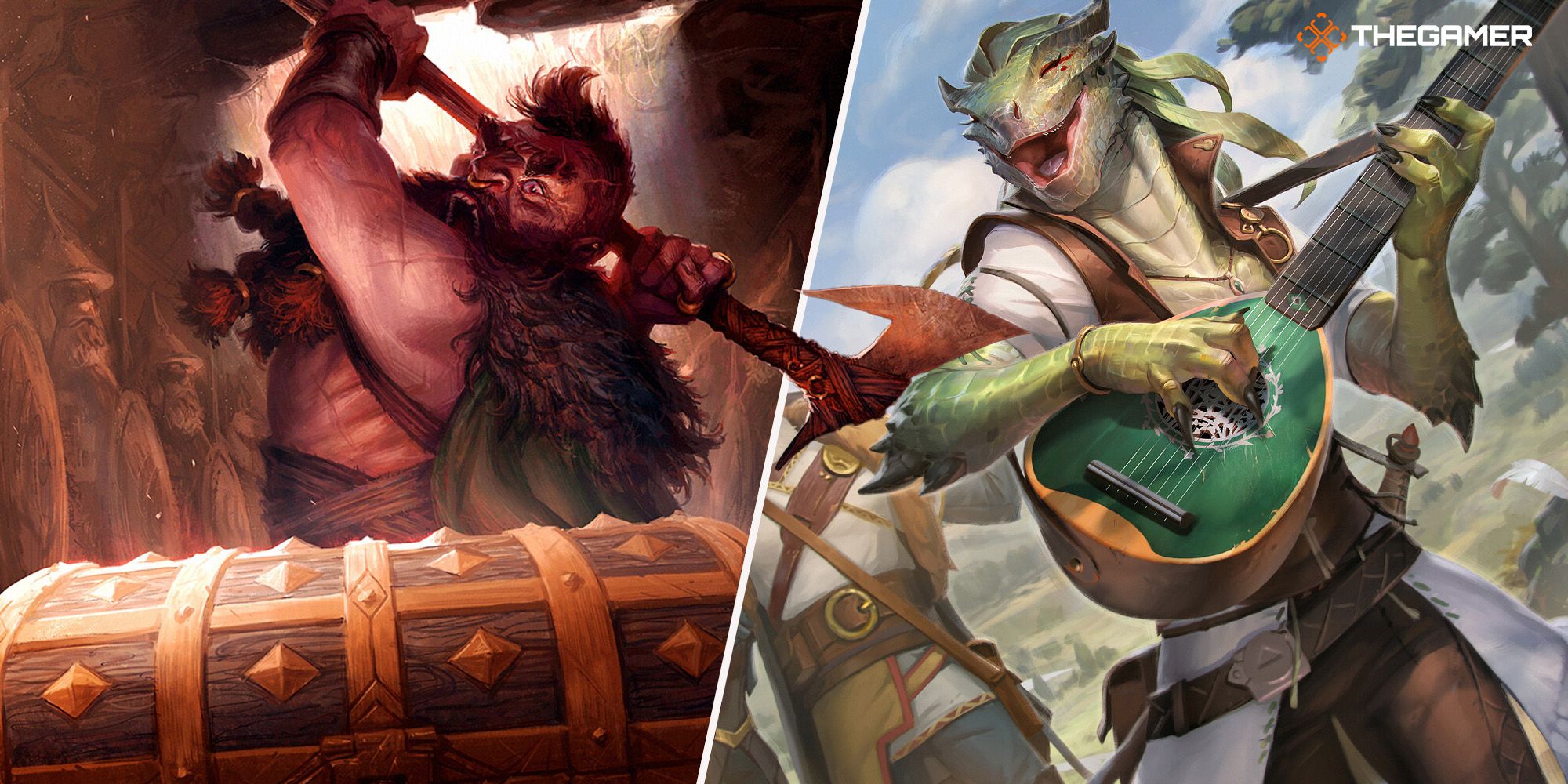
Related
Dungeons & Dragons: Best Multiclass Combinations
In Dungeons & Dragons, multiclass characters can be a godsend or a game-ender. These are the best multiclass options out there.
For example, if you’re finding that the spells you have at your disposal don’t work for the flavor of fantasy you’re in, talk to your DM about creating some custom spells that help you deal better with the types of combatants you’re up against. This will not only make you more effective in fights, but you’ll have more fun as well!
4
Prepare Before Combat Starts
The Best Defense
There’s nothing worse than starting a round of combat and having to waste your whole turn casting Mage Armor on yourself. There are lots of defensive and preparation spells that last for hours. This means there’s plenty of time to cast these before combat starts.
For non-spell casters, consider taking some time right before combat starts to slick weapons or arrows with poison or other effects. Or, seek out an interesting vantage point to begin combat with if you know exactly where an attack is taking place.
Depending on your prep phase, you may be able to get your DM to establish a surprise round! This gives your enemies disadvantage on their initiative rolls.
3
Exploit Enemy Weaknesses
Look For The Target On Their Back
Don’t ignore damage vulnerabilities. This is why it’s always important to pay attention to combat, even when it’s not your turn. A fellow party member may discover that an adversary is immune to necrotic damage but vulnerable to radiant.
If you don’t try to exploit this to the best of your ability, you’re bound to have less fun in combat. You should also pay attention to weaknesses like low speed and reactions. If an enemy has already used their reaction for something, you can easily exploit this vulnerability in a variety of ways, like ignoring opportunity attacks or chances to counterspell.
2
Use The Environment
Nature Is Really Amazing, Actually
Depending on where you’re fighting, you should try to take advantage of the surrounding environment. For rogues, for example, if you’re fighting in a thick jungle setting, there’s way more of a chance for you to get sneak attack than an open field. Squishier spellcasters can also make use of cover and other environmental tools.
Also, consider ways you can affect the environment to sway combat in your favor. For example, if you’re fighting near a body of water, certain undead creatures like vampires can’t cross running streams. This can drastically alter combat in unexpected ways!
1
Round Out Your Abilities
Jack Of All Trades
If you’ve been playing your character for some time, you may notice that you have certain weaknesses or soft spots. A lumbering barbarian character may have lower speed than other party members. Or, a wizard might be getting pulverized in melee combat situations.
Find ways to round out your character and your abilities! The best way to do this is to craft magic items or seek out spells and other magic that can buff you. You can also ask your fellow party members who may be more magic-adept to help you smooth out rough spots.
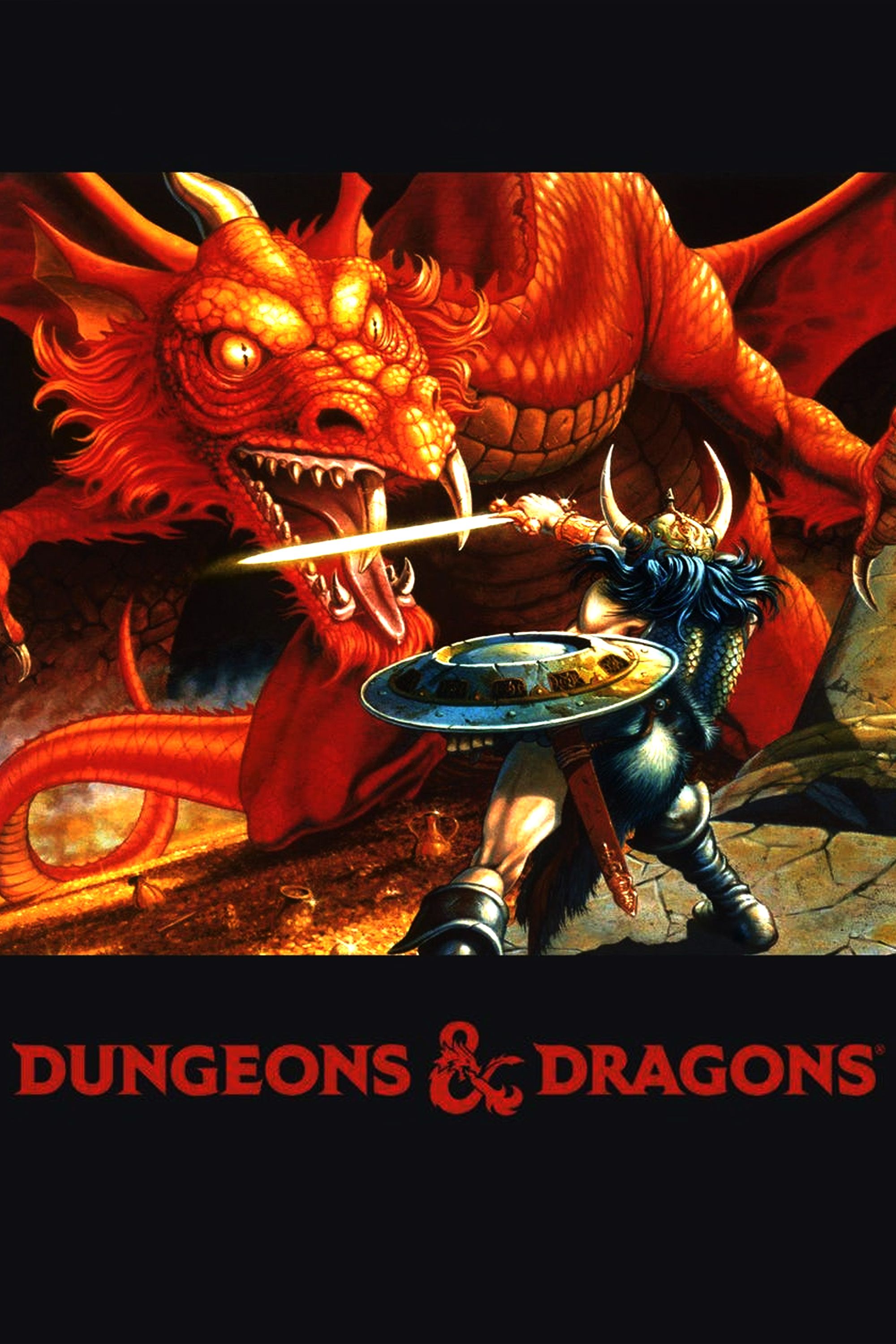
Dungeons and Dragons
- Original Release Date
-
1974-00-00
- Designer
-
E. Gary Gygax
, Dave Arneson - Player Count
-
2+



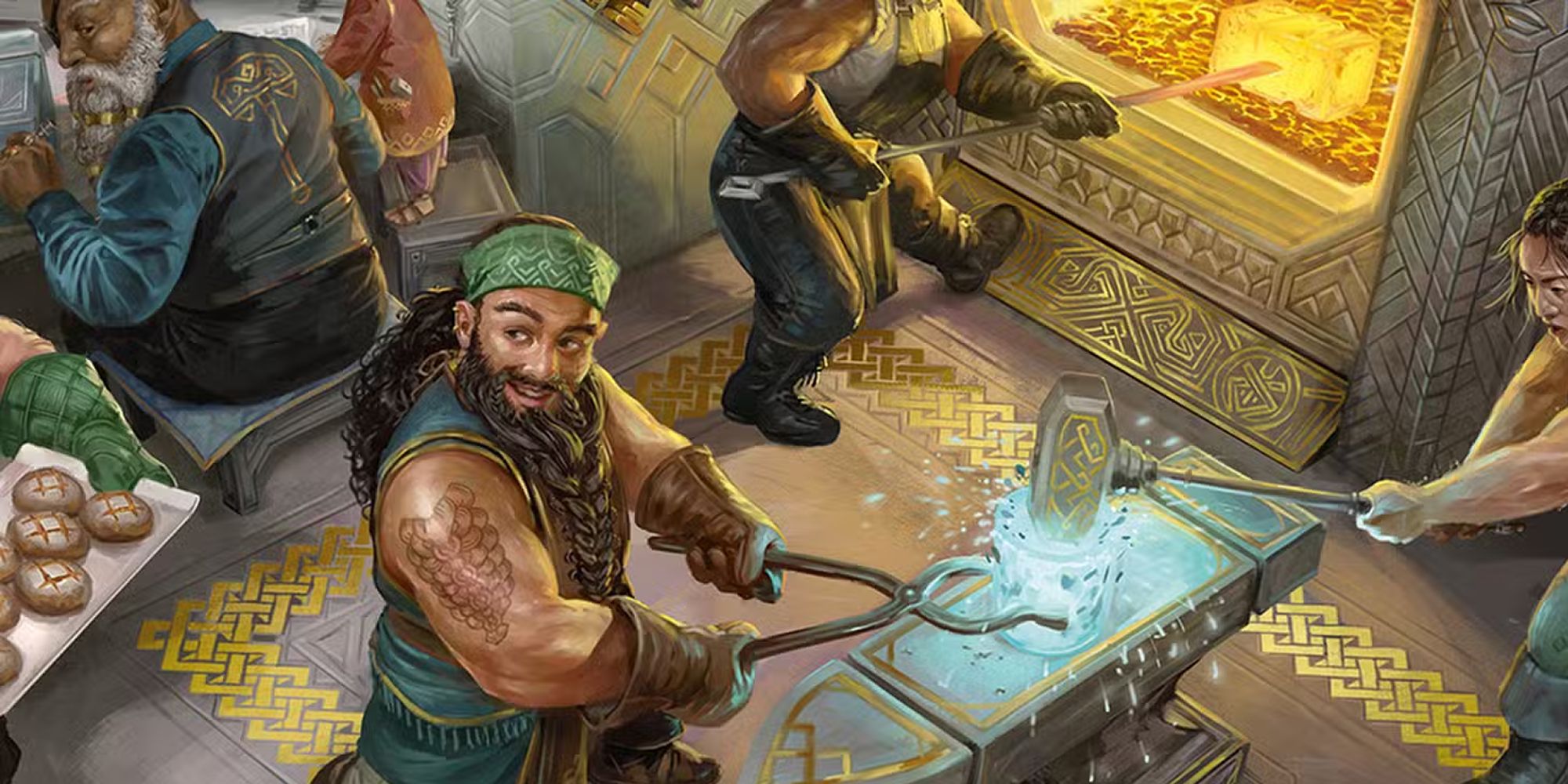
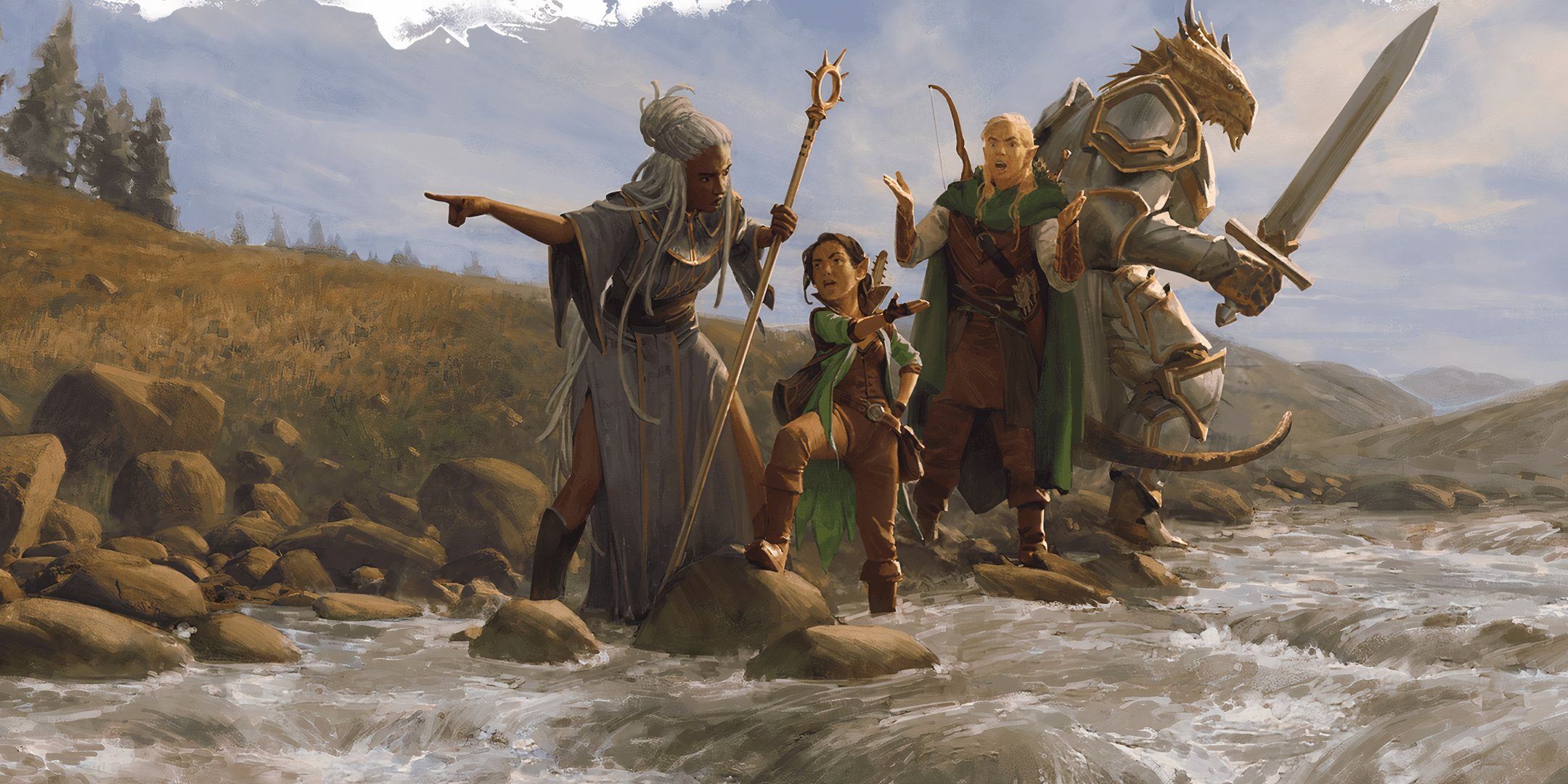
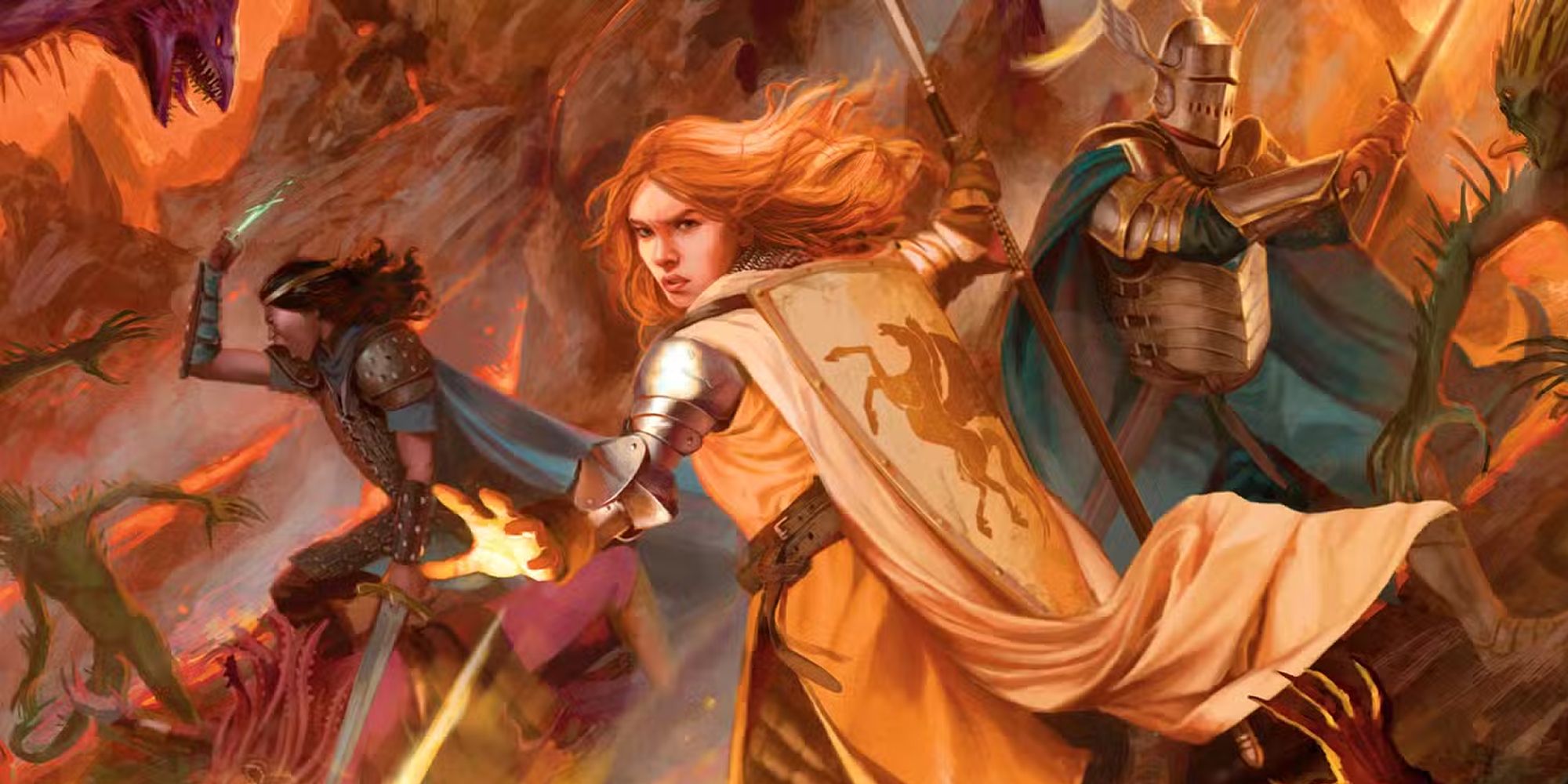
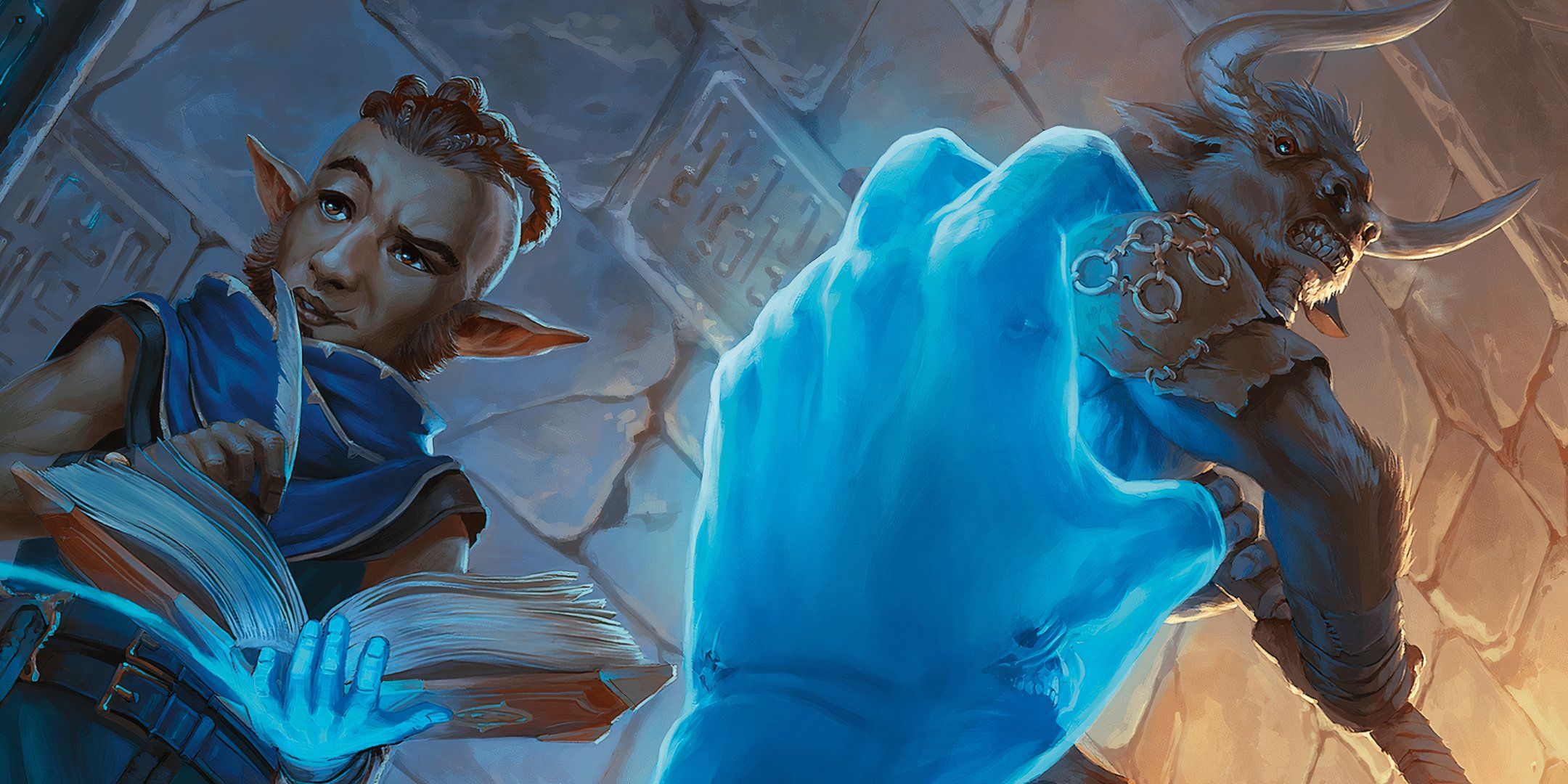
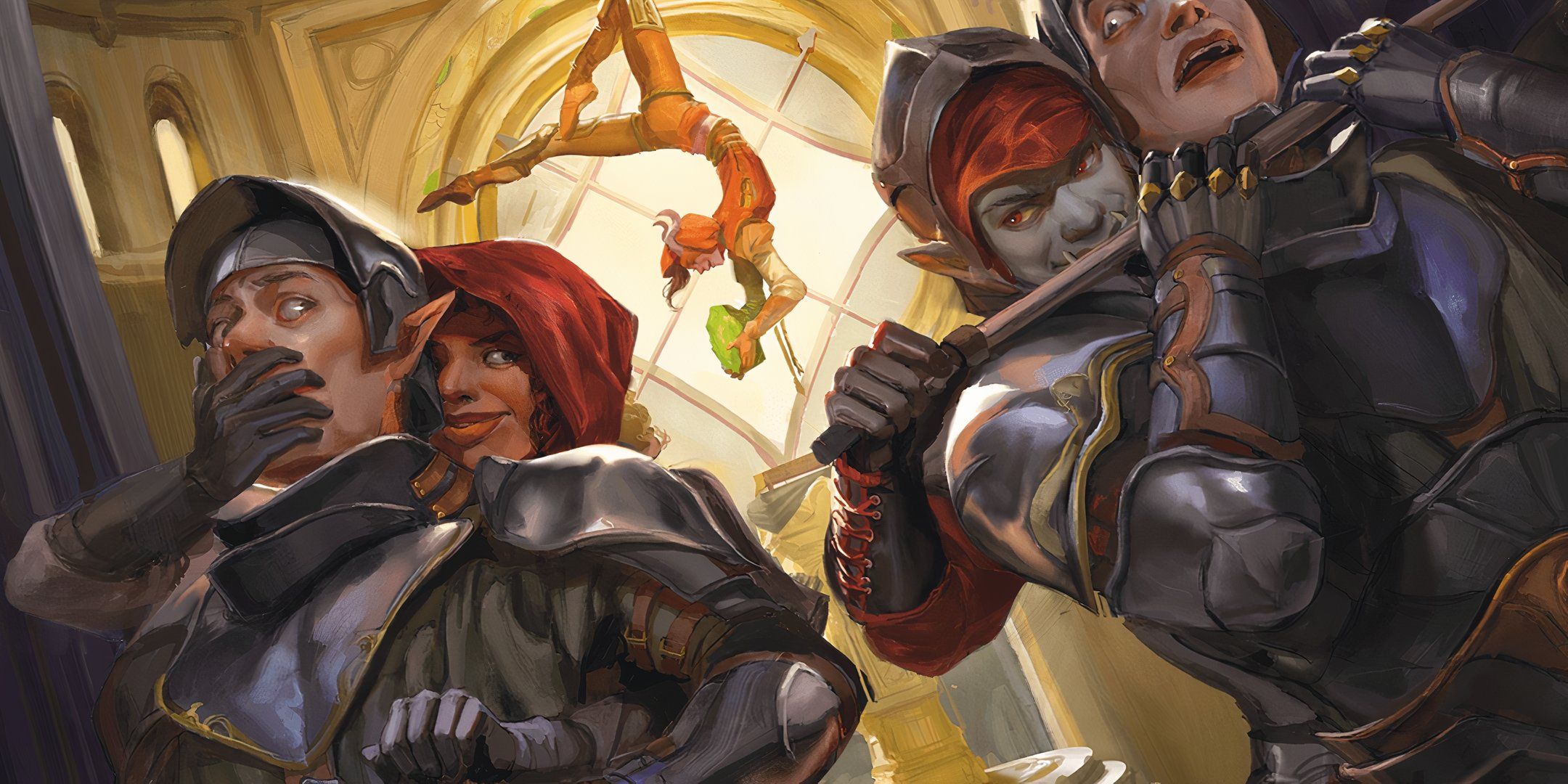
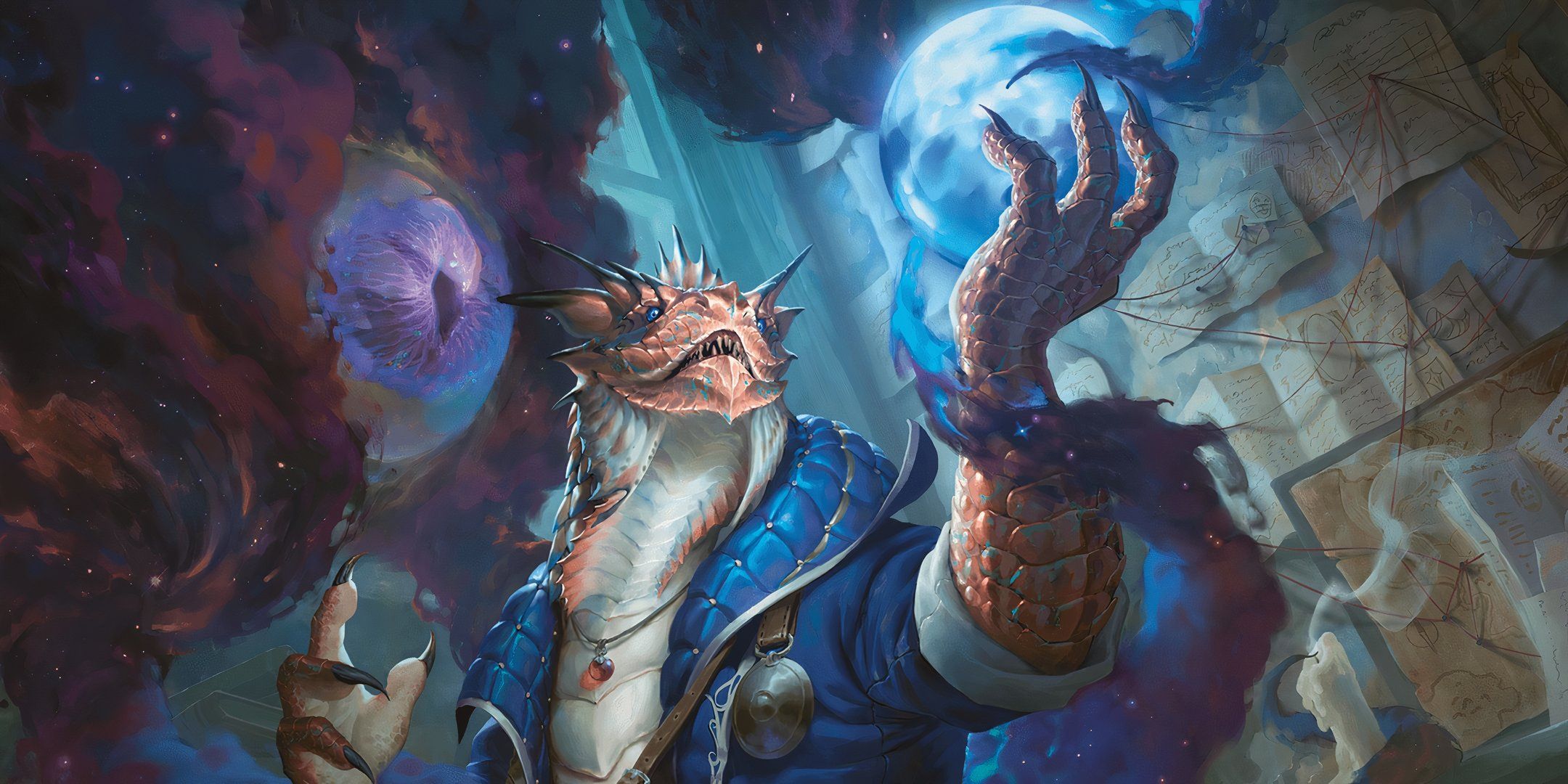
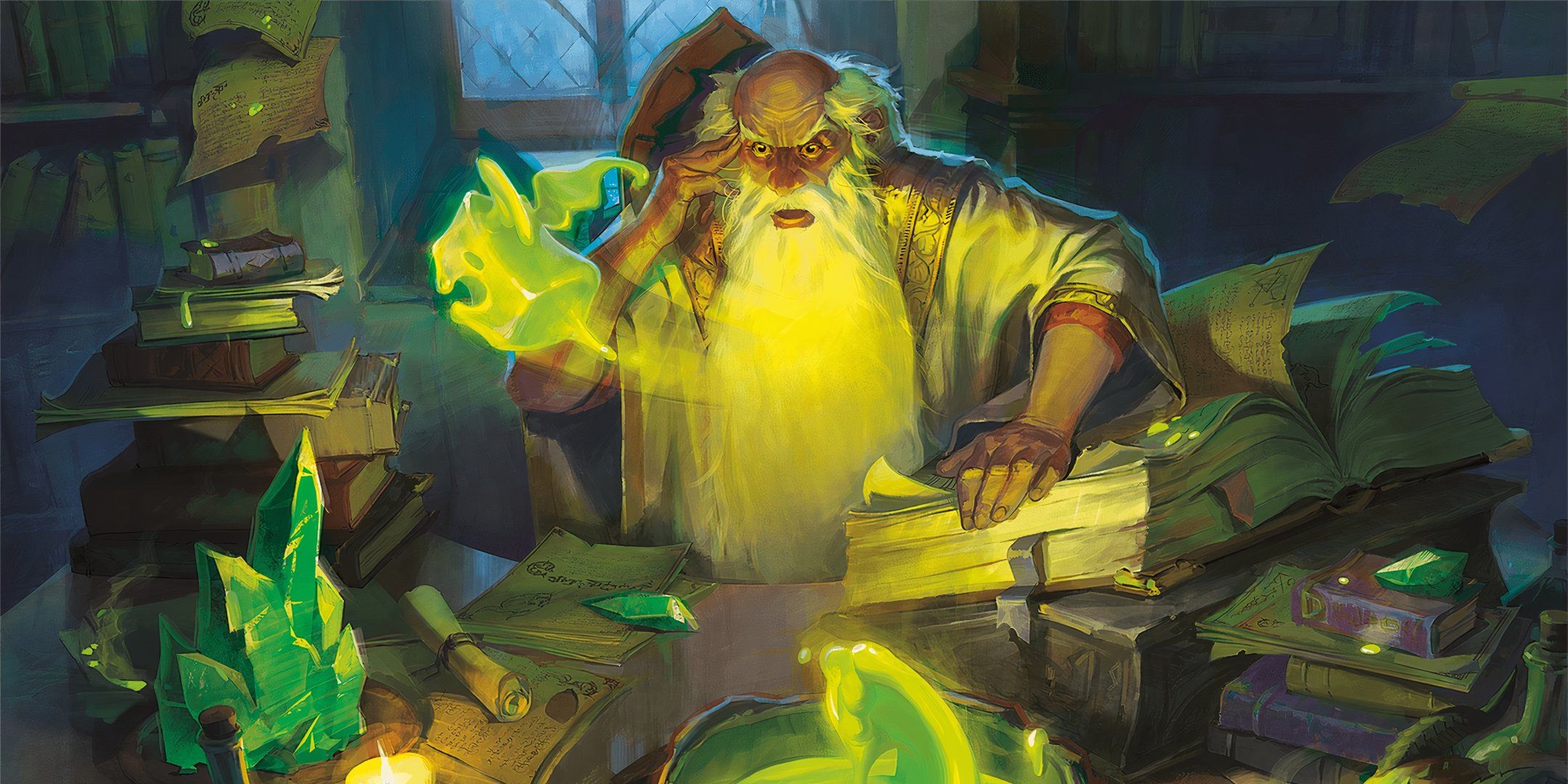
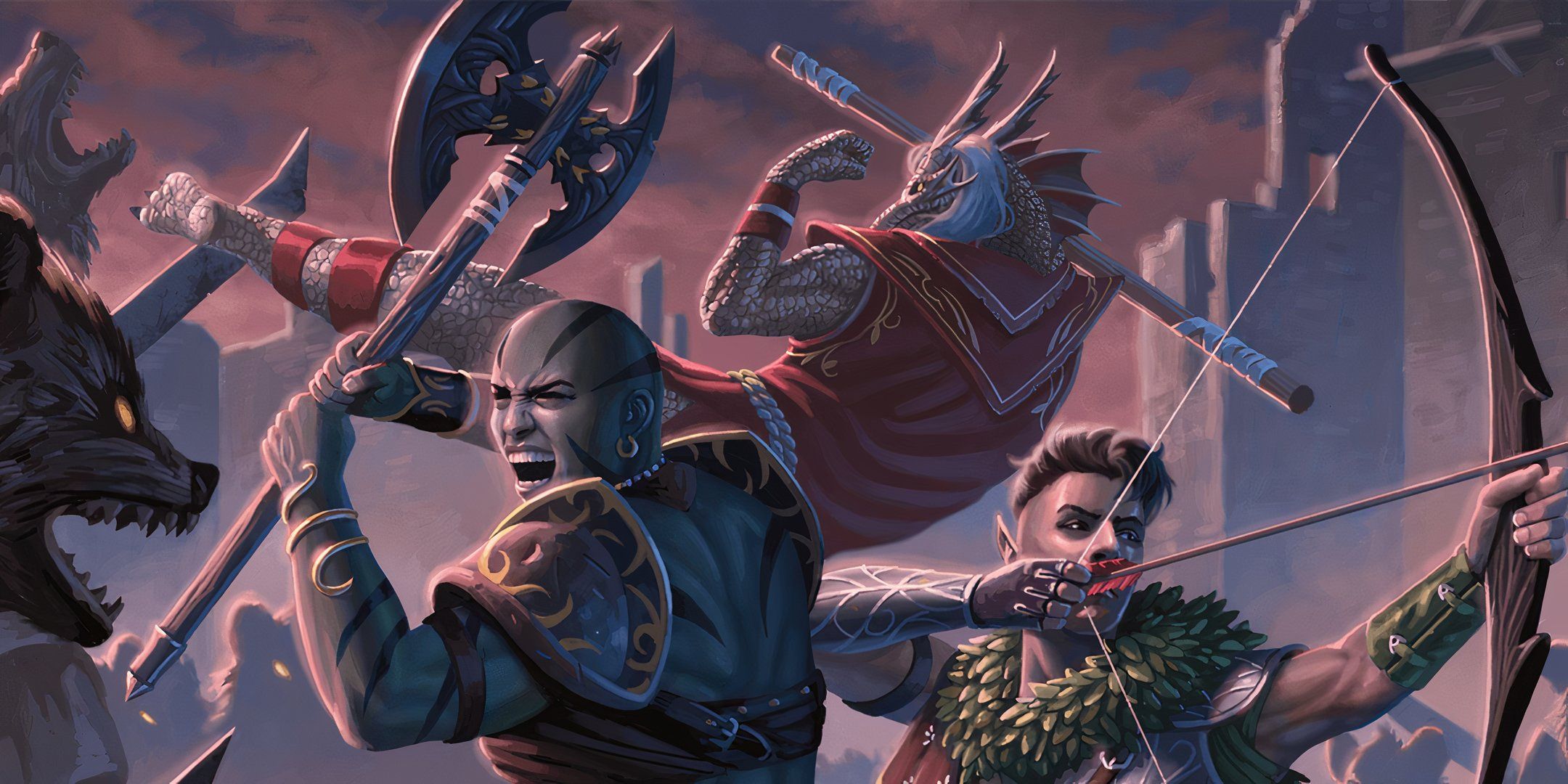
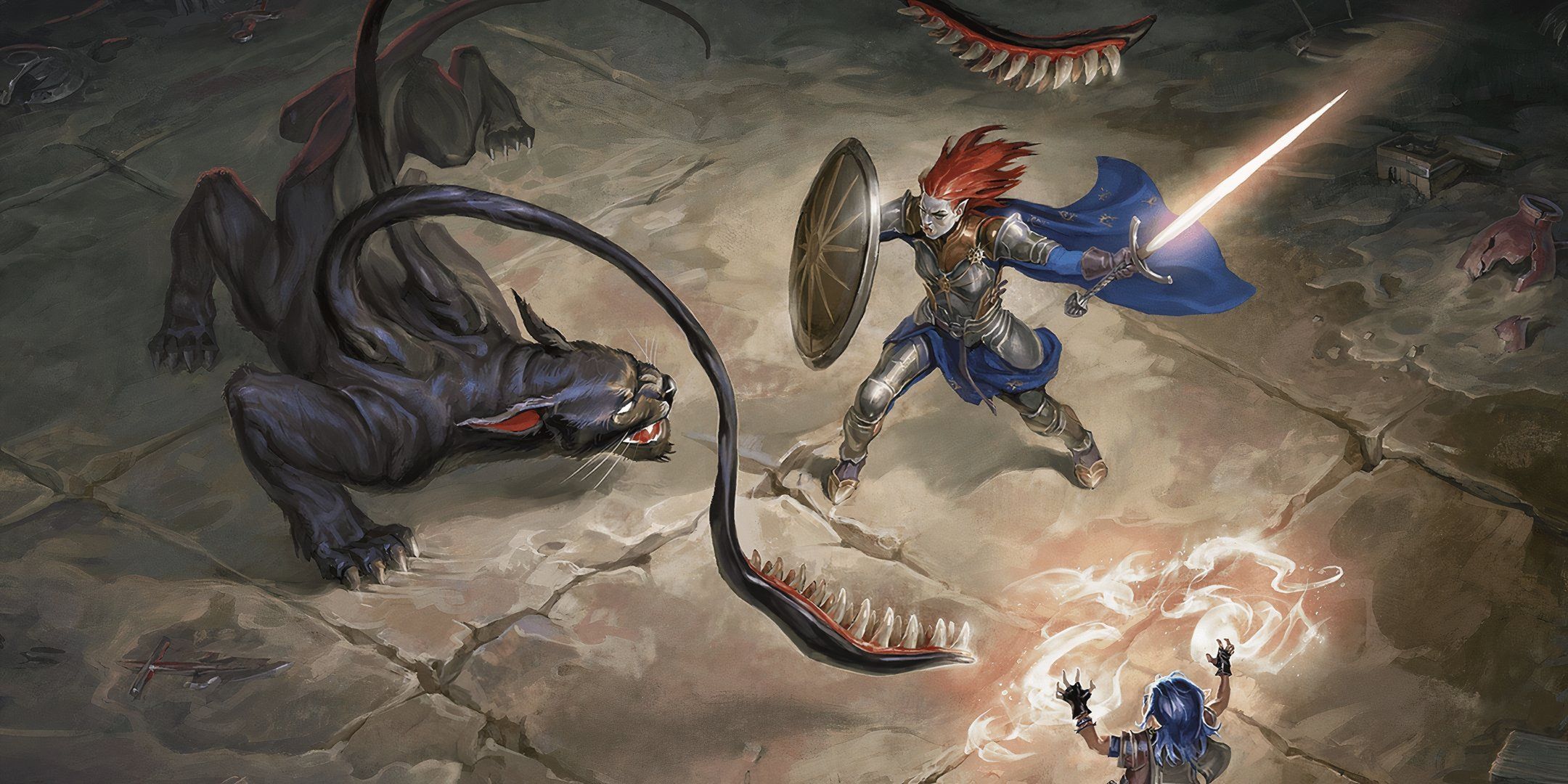
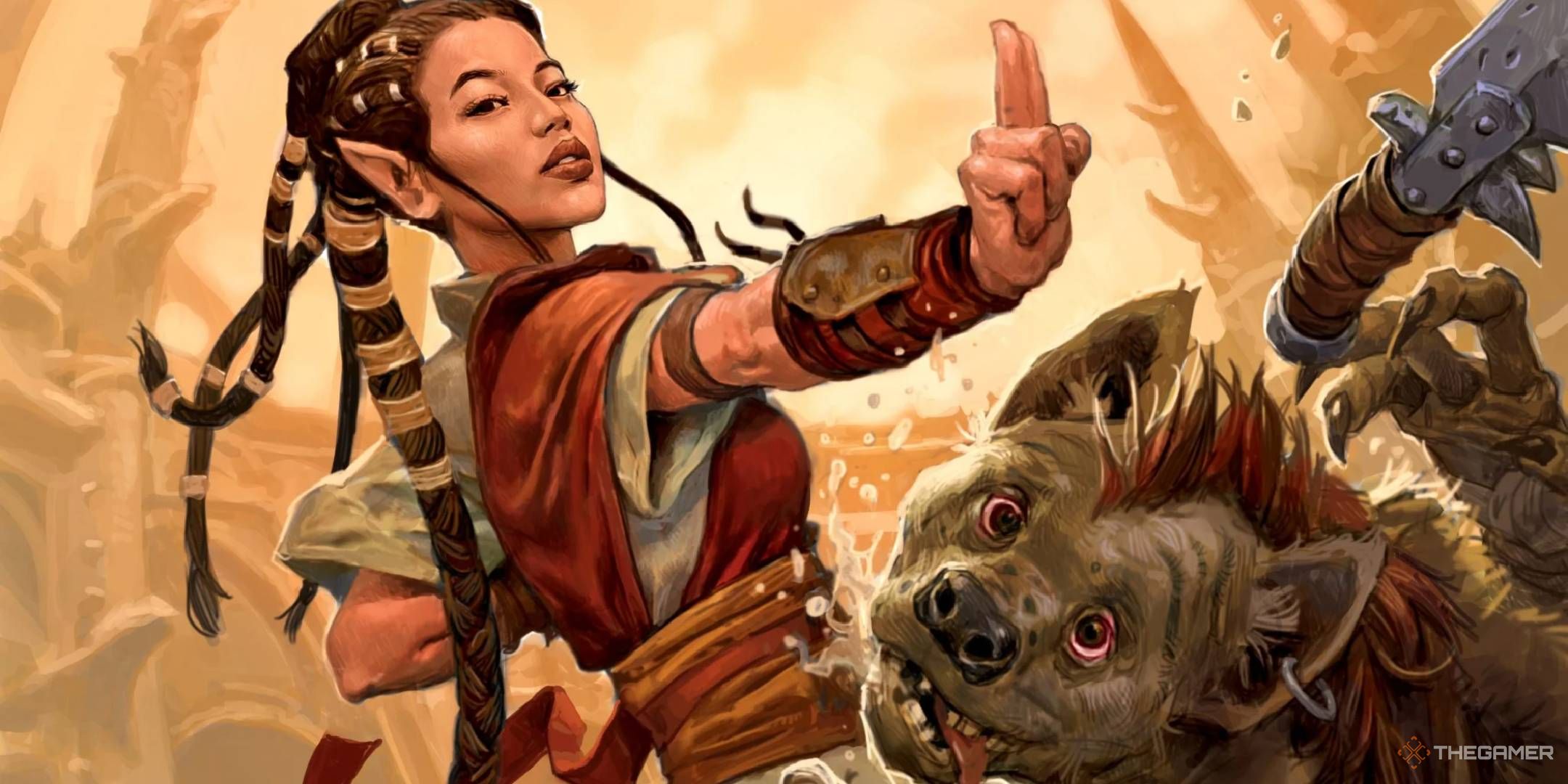





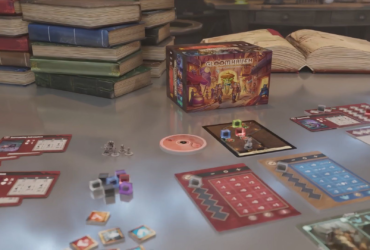
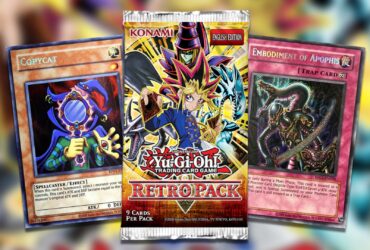



Leave a Reply